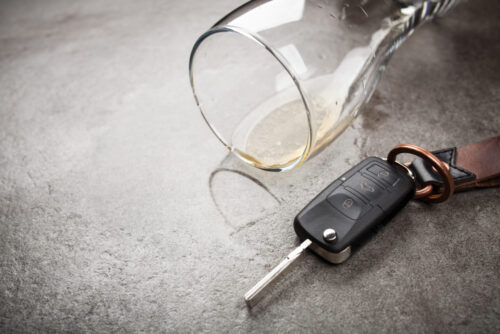
More often than not, driving while intoxicated (DWI) cases are not taken to trial, but rather they are resolved through plea bargaining. Though, if you find yourself in a DWI trial, you must properly prepare to defend yourself. Read on to discover what to expect if your DWI case goes to trial and how a seasoned Gloucester County DWI lawyer at The Vigilante Law Firm, P.C. can fight on your behalf.
What should I expect if my DWI case goes to trial?
Before all else, you must first determine whether you will enter a trial by jury or a trial by judge. The simple difference here is whether you want the ruling to be decided by a jury or by a judge. Rest assured, your attorney will likely figure out which route may increase your chances of being found not guilty.
And so, if you enter a trial by jury, you should expect the following sequence of events:
- Jury selection: the defense and the prosecution will take turns questioning potential jurors from the jury pool to decide who will be a part of deciding the case.
- Opening statements: the defense and the prosecution will take turns explaining what they believe the following evidence will prove to the jurors. Here, your attorney may illustrate where they believe that the prosecution’s evidence will fall short.
- Presentation of evidence: the prosecution will attempt to prove the charges against you beyond a reasonable doubt, up until they rest their case. Here, your attorney may present evidence of their own, call an expert witness to the stand, object to the admission of the prosecution’s evidence, cross-examine the prosecution’s witnesses, etc.
- Closing arguments: the prosecution will summarize the evidence they presented and explain how it supports the charges against you beyond a reasonable doubt, while your attorney will essentially do the exact opposite.
What is the final step of my DWI trial?
In the end, the jurors will go into deliberation to make a final decision of whether you are guilty or not guilty of a DWI. Here, they will consider whether the prosecution succeeded in proving the charges against the defendant beyond a reasonable doubt. If not, the jurors will have to go with the presumption of innocence and find you not guilty.
Ultimately, the foreperson of the jury will inform the judge when they have reached a consensus on the verdict. The judge will then call everyone back into the courtroom so that the foreperson can announce your verdict of being guilty or not guilty.
For more information on whether a trial by jury is the best path for your case, you must not hesitate in speaking with one of the experienced New Jersey criminal defense lawyers. We await your phone call.


